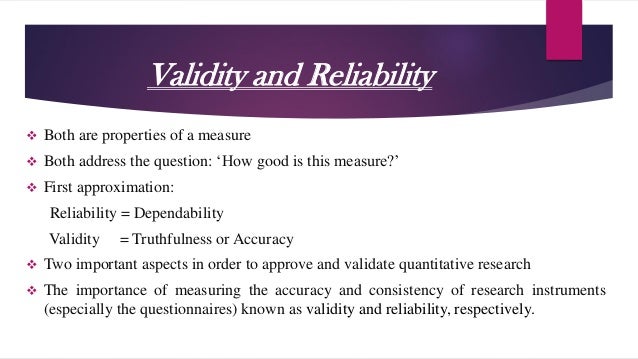


It’s doubtful those small cancers would ever cause major symptoms and complications because prostate cancer, in most but not all cases, is a very slow-growing cancer. More men may face complications and risks of side effects from the treatment of a small growth than they would if their cancer was left undiagnosed. Just the same, most primary care physicians and urologists do choose to order the PSA as a screening test in men over the age of 50. It’s also not clear if the screening test actually saves lives.īecause the test is very sensitive and can detect increased PSA numbers at low concentrations, it may detect cancer that’s so small it would never become life threatening. PSA tests are controversial because doctors and experts aren’t sure if the benefits of early detection outweigh the risks of misdiagnosis. Many medical professionals use additional blood testing, like PHI or 4K tests, or prostate MRI to better qualify the PSA importance before moving to biopsy. However elevated PSA does not mean a patient will go directly to biopsy. Your doctor may then suspect you have prostate cancer and recommend a prostate biopsy when you don’t actually have cancer.

However, because veins and arteries vary in size and depth, getting a blood sample isn’t always simple.


 0 kommentar(er)
0 kommentar(er)
